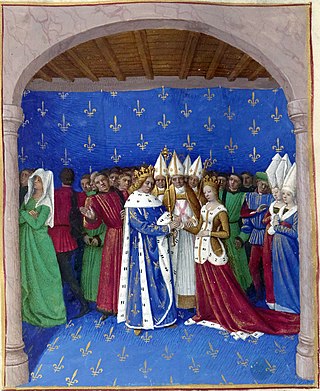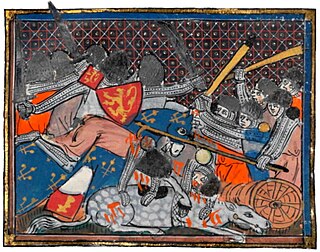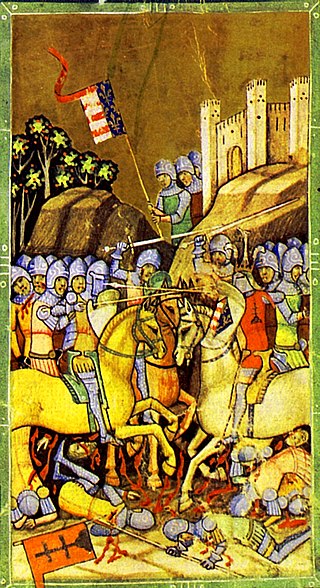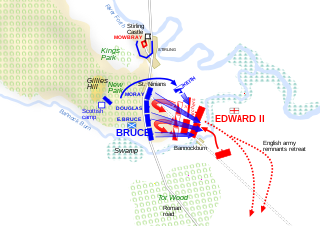| Millennium: | 2nd millennium |
|---|---|
| Centuries: | |
| Decades: | |
| Years: |

Year 1313 ( MCCCXIII ) was a common year starting on Monday of the Julian calendar.
Contents
- Events
- January – March
- April – June
- July – September
- October – December
- By place
- By topic
- Births
- Deaths
- References
| 1313 by topic |
|---|
| Leaders |
| Birth and death categories |
| Births – Deaths |
| Establishments and disestablishments categories |
| Establishments – Disestablishments |
| Art and literature |
| 1313 in poetry |
| Gregorian calendar | 1313 MCCCXIII |
| Ab urbe condita | 2066 |
| Armenian calendar | 762 ԹՎ ՉԿԲ |
| Assyrian calendar | 6063 |
| Balinese saka calendar | 1234–1235 |
| Bengali calendar | 720 |
| Berber calendar | 2263 |
| English Regnal year | 6 Edw. 2 – 7 Edw. 2 |
| Buddhist calendar | 1857 |
| Burmese calendar | 675 |
| Byzantine calendar | 6821–6822 |
| Chinese calendar | 壬子年 (Water Rat) 4010 or 3803 — to — 癸丑年 (Water Ox) 4011 or 3804 |
| Coptic calendar | 1029–1030 |
| Discordian calendar | 2479 |
| Ethiopian calendar | 1305–1306 |
| Hebrew calendar | 5073–5074 |
| Hindu calendars | |
| - Vikram Samvat | 1369–1370 |
| - Shaka Samvat | 1234–1235 |
| - Kali Yuga | 4413–4414 |
| Holocene calendar | 11313 |
| Igbo calendar | 313–314 |
| Iranian calendar | 691–692 |
| Islamic calendar | 712–713 |
| Japanese calendar | Shōwa 2 (正和2年) |
| Javanese calendar | 1224–1225 |
| Julian calendar | 1313 MCCCXIII |
| Korean calendar | 3646 |
| Minguo calendar | 599 before ROC 民前599年 |
| Nanakshahi calendar | −155 |
| Thai solar calendar | 1855–1856 |
| Tibetan calendar | 阳水鼠年 (male Water-Rat) 1439 or 1058 or 286 — to — 阴水牛年 (female Water-Ox) 1440 or 1059 or 287 |














